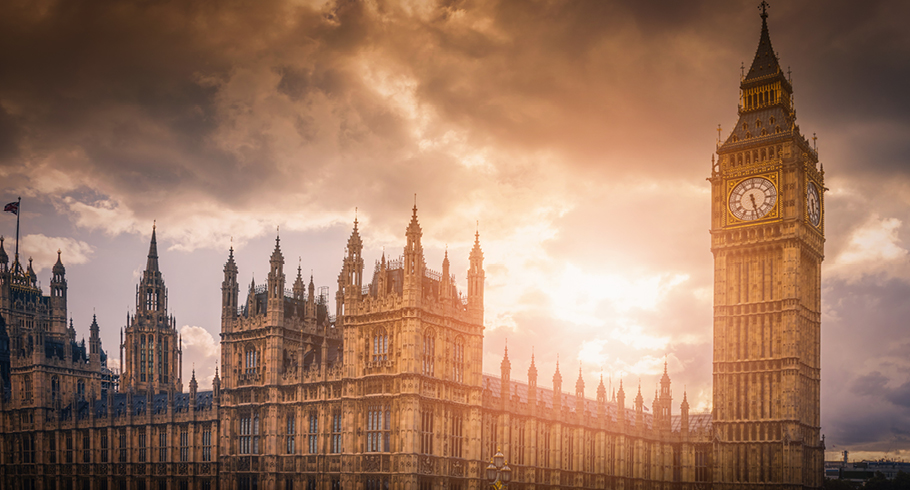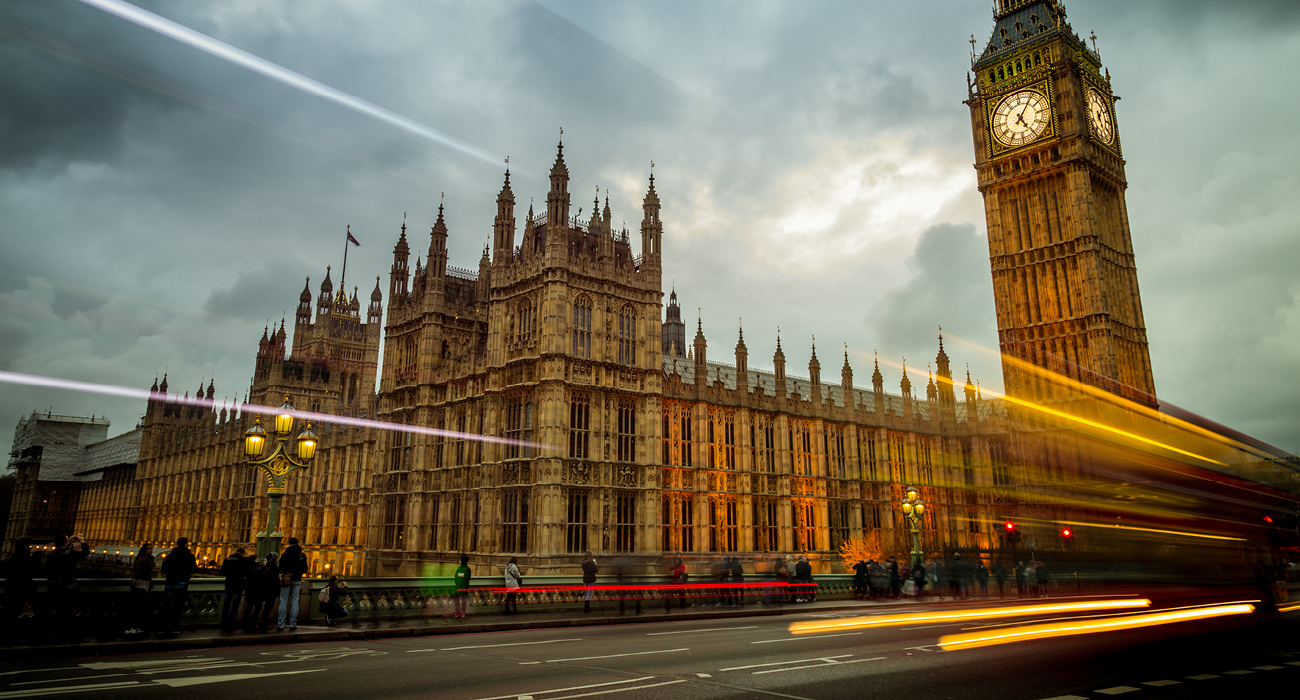30 March 2023 - so-called ‘Green Day’ - saw the Department for Energy Security and Net Zero (DESNZ) publish more than 40 policies, consultations and other documents. The main focus - ‘Powering Up Britain’ - outlined the government’s ambitions through a new Energy Security Plan and Net Zero Growth Plan.
With more than 2800 pages of documents to go through, it is a complex area to navigate. So, to help time-pressed businesses, we have outlined our top five relevant points:
1. Major boost for technologies to support energy security and help industry decarbonise
The main headlines centred on the plans to increase homegrown energy sources, with the primary focus on carbon capture utilisation and storage (CCUS), hydrogen and nuclear. With CCUS, there was more detail around the £20bn investment that was initially announced in the Spring Budget, and a new £240 million Net Zero Hydrogen Fund was also launched.
The Floating Offshore Wind Manufacturing Investment Scheme (FLOWMIS), which will provide up to £160 million to kick start investment in port infrastructure projects needed to deliver the floating offshore wind ambitions, was also announced. In addition, the intention to have a fivefold increase in solar photovoltaic (PV) by 2035, up to 70GW, was proposed, although no investment is currently allocated to it.
There is also additional funding for green transport, including a £380 million to boost electric vehicle (EV) charging points and infrastructure.
2. Streamlined planning for energy projects
However, central to delivering this infrastructure is an efficient planning system. One of the main barriers to net zero progress is the sheer amount of time it can take to get a major project through the planning system.
The government says it “is committed to ensuring that the town and country planning, Electricity Act planning, and Nationally Significant Infrastructure Project (NSIP) regimes are more effective in supporting our energy security and net zero goals.”
It is hoped that the streamlining of planning rules to increase the deployment of low-carbon sources of power such as solar PV and wind will also help both independent generators and businesses to reduce their reliance on the volatile wholesale energy markets.
3. Extension to the Industrial Energy Transformation Fund
In the Net Zero Growth Plan, an extension to the Industrial Energy Transformation Fund (IETF) which increases total grant funding available to £500 million, was proposed ‘subject to business case approval’. The government says it intends to open Phase 3 of the IETF for new applications in early 2024, supporting industry to cut their energy bills and carbon emissions through investing in energy efficiency and low carbon technologies.
This comes after the announcement in the Spring Budget that the government is extending the Climate Change Agreements Scheme by two years, which provides reduced Climate Change Levy rates for eligible businesses in over 50 industrial sectors.
4. Price rebalancing of electricity vs. gas
To make it easier for businesses to make the switch to greener products, the government has accepted the recommendation in the Net Zero Review that it should commit to outlining a clear approach to gas vs. electricity ‘rebalancing’ by the end of 2023/4.
The document states that this “should make significant progress affecting relative prices by the end of 2024” and that rebalancing will “generate the clear short-term price signal necessary to shift both households and businesses to lower-carbon, more energy efficient technologies”.
5. Consultation on the UK ETS and addressing carbon leakage
The government accepts the Net Zero Review’s recommendations to implement a long-term pathway for the UK Emissions Trading Scheme (UK ETS) and will work with the UK ETS Authority to set one out this year. This could include expanding the scheme to more sectors of the economy, including high emitting industries.
In addition, it is important that the UK has appropriate carbon leakage policies in place to ensure British businesses can remain competitive and are not disadvantaged in international markets.
To address this, the government published a consultation which looks to prevent future carbon leakage risks. It says that this consultation - Addressing Carbon Leakage Risk to Support Decarbonisation - is “a significant step forward in setting a new framework to mitigate this risk and considers a range of domestic policy options to protect against carbon leakage, including both a carbon border adjustment mechanism (CBAM) and mandatory product standards.”
Towards a low-carbon and secure future
These policies are designed to secure the UK’s long-term energy future, as well as keep us on track for net zero by 2050. As such, the government has acknowledged the crucial role businesses and private investment will play in both our energy security and net zero ambitions. We know from our recent Business Energy Tracker that businesses believe in net zero and are proactively investing in sustainability and energy reduction measures.
While many of the new policies are welcome, there are areas where they could go further. For example, at the moment, there aren’t any additional incentives for businesses that are keen to accelerate their energy efficiency efforts right now. As such, we look forward to continuing to work with DESNZ to ensure the voice of business is heard.

/npm214%20Digital_H_UB110.jpg)

/npm214%20Digital_H_UB121.jpg)

/npm214%20Digital_H_UB141.jpg)
/npm214%20Digital_H_UB15.jpg)
/npm214%20Digital_H_UB127.jpg)
/npm214%20Digital_H_UB100.jpg)

/Author%20Profile%20Ainsworth_Anthony_G.png)
